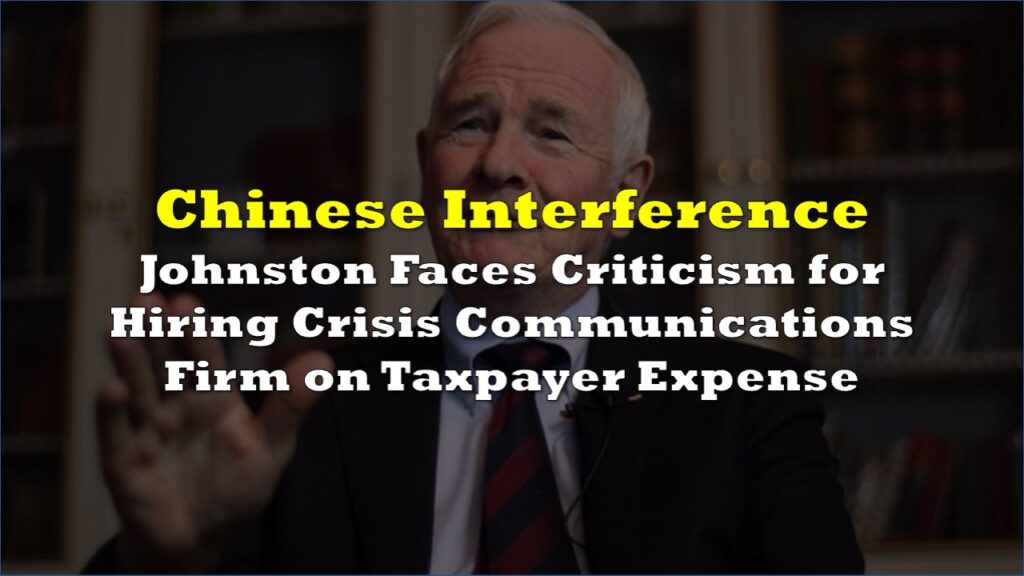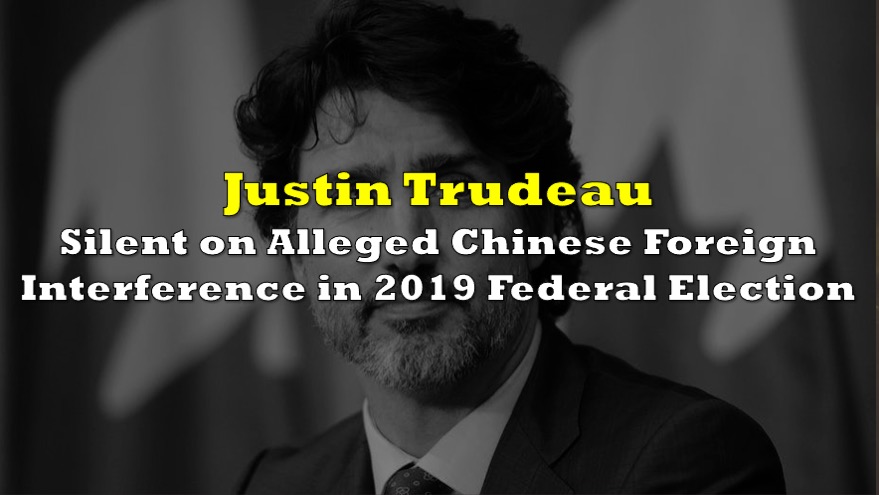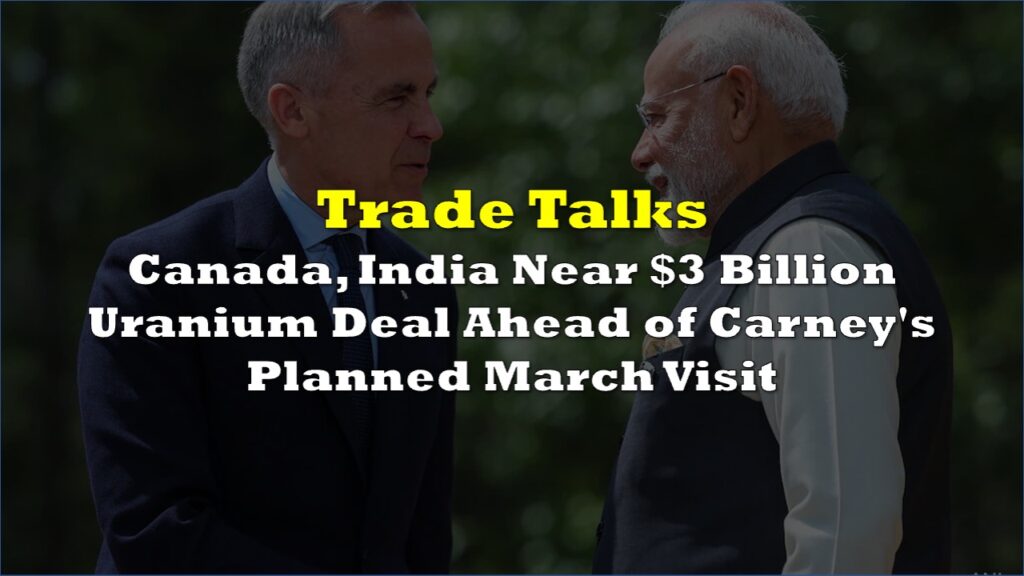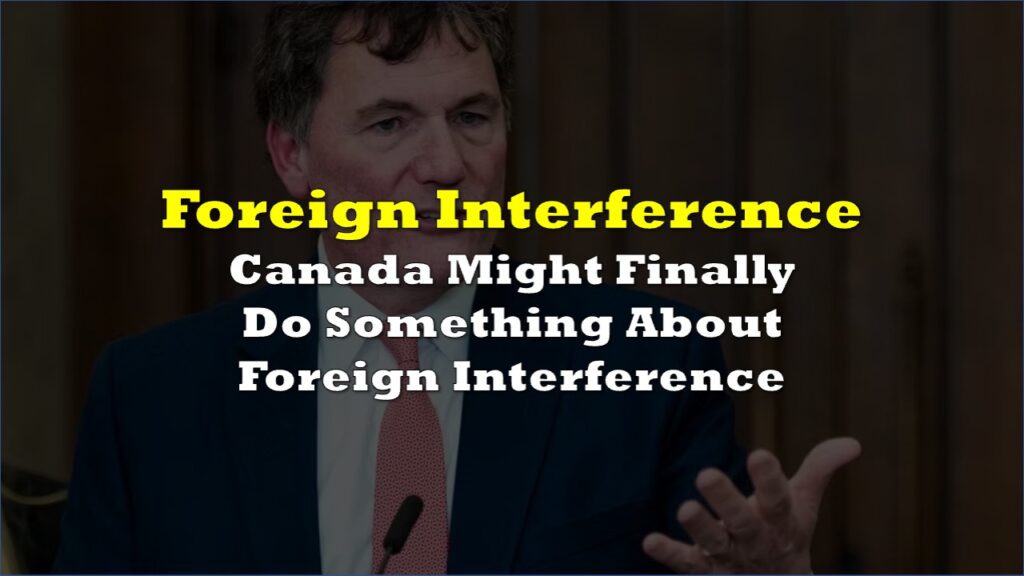As the Royal Canadian Mounted Police (RCMP) continues to investigate the alleged covert operations conducted by Indian government agents in Canada, more revelations are expected to surface. Sources close to the investigation have told CBC News that the recent expulsion of six senior Indian diplomats may be just the beginning, with further diplomatic and non-diplomatic individuals potentially facing action.
These developments point to an ongoing investigation into India’s clandestine activities in Canada, raising serious concerns about foreign interference, sovereignty, and Indo-Canadian relations.
According to sources involved with the RCMP’s investigation, despite recent expulsions, the network supporting India’s covert operations remains largely intact within Canada. The sources describe this network as multi-layered and involving numerous individuals, many of whom may be either willingly participating or acting under pressure from Indian diplomats and their proxies.
It is believed that some members of this network might choose to leave Canada voluntarily to avoid arrest, rather than risk getting caught up in the intensifying investigation.
“There are people who may go quietly into the night rather than face arrest,” a source told CBC News, hinting that the web of complicity extends beyond the six diplomats expelled earlier.
Allegations of Visa Manipulation and Surveillance
A key aspect of India’s alleged covert operations involves the use of diplomatic pressure to recruit informants from within the Indo-Canadian community. Since 1955, India has required that any Indian national who acquires foreign citizenship surrender their Indian nationality. As a result, many Indo-Canadians must obtain an Overseas Citizen of India (OCI) visa to visit India.
Sources have accused Indian diplomats of manipulating this visa process, selectively granting or withholding visas to pressure individuals into conducting surveillance or providing information on Sikh separatists and other groups that India considers a threat.
These covert tactics are part of a broader strategy to monitor and undermine Sikh activism in Canada, particularly movements supporting Khalistan, a proposed independent Sikh state. A source close to the investigation described these efforts as “long-standing and carefully coordinated,” suggesting that this operation is not a recent phenomenon but has roots stretching back over many years.
The Nijjar Assassination
The killing of Hardeep Singh Nijjar, a prominent Sikh activist, in Surrey, British Columbia in June 2023 brought renewed urgency to the investigation into Indian interference in Canada. While the assassination itself was a serious violation of Canadian sovereignty, sources indicate it is just “a small part” of a much larger operation targeting Indo-Canadians, particularly those who support Sikh separatism.
Nijjar, a vocal supporter of the Khalistan movement, was gunned down in his truck outside the Guru Nanak Sikh Gurdwara. The RCMP had already been probing potential Indian government involvement in covert activities in Canada prior to Nijjar’s murder, but his assassination appears to have catalyzed further investigations into India’s alleged role in organizing violence and extortion within the Indo-Canadian community.
Sources allege that Indian agents were behind not only the murder of Nijjar but also a broader campaign designed to sow fear and project an image of Canada as unsafe for Indo-Canadians.
“One of the goals seems to be to convince people that Canada is dangerous for them, that violence is widespread here,” one source said. This narrative, according to those familiar with the case, is intended to justify India’s claims that the Canadian government has failed to address Sikh extremism.
Despite mounting allegations, the Indian government has consistently denied any involvement in Nijjar’s assassination or related covert operations in Canada. Indian officials have publicly claimed that Ottawa has not provided evidence to substantiate these accusations. However, Canadian government sources told CBC News that Indian officials have been shown the evidence on several occasions, including in meetings held in Dubai, New Delhi, and, most recently, Singapore.
The Canadian government has expressed frustration at India’s public denials, especially as the evidence implicates high-level figures in the Indian government, including members of India’s intelligence service, the Research and Analysis Wing (RAW).
“This isn’t something that would have been done without the approval of the very highest levels of the Indian government,” one source said, referring to the alleged assassination plot.
Criminal Networks
As the RCMP expands its probe, investigators are focusing not only on Indian diplomats but also on a web of criminal intermediaries allegedly acting as go-betweens. According to sources, these intermediaries, often linked to organized crime, are suspected of carrying out surveillance, conducting extortion, and even arranging violent acts on behalf of Indian agents. These operations appear to target Sikh activists and others deemed a threat to the Indian state.
In one high-profile case, two men, Jose Lopez and Tanner Fox, are scheduled to go on trial for the murder of Ripudaman Singh Malik, who was acquitted of involvement in the 1985 Air India bombing but was shot dead in Surrey in July 2022.
Investigators do not believe that Lopez and Fox, neither of whom have Indian origins, were directly contracted by Indian diplomats. Instead, they are thought to have been hired through criminal intermediaries, underscoring the complex and multi-layered nature of the alleged operation.
While sources say India’s government likely had a hand in Malik’s murder, the upcoming trial is expected to focus on physical evidence linking the accused to the crime rather than delving into the broader geopolitical implications of Indian interference.
The deepening RCMP investigation comes amid growing diplomatic tensions between Canada and India. In recent months, both countries have exchanged public statements accusing each other of bad faith, and the expulsions of Indian diplomats have led to a sharp deterioration in relations.
Prime Minister Justin Trudeau’s government has been under pressure to take a firm stance against foreign interference, while Indian Prime Minister Narendra Modi’s administration has bristled at what it sees as Western overreach in its domestic affairs.
As the RCMP’s probe continues, it is likely that more layers of India’s alleged covert operations in Canada will be exposed. The fallout could have significant implications not only for Canada-India relations but also for the safety and security of the Indo-Canadian community, which finds itself caught in the crossfire of these allegations.
Information for this story was found via CBC News and the sources and companies mentioned. The author has no securities or affiliations related to the organizations discussed. Not a recommendation to buy or sell. Always do additional research and consult a professional before purchasing a security. The author holds no licenses.









